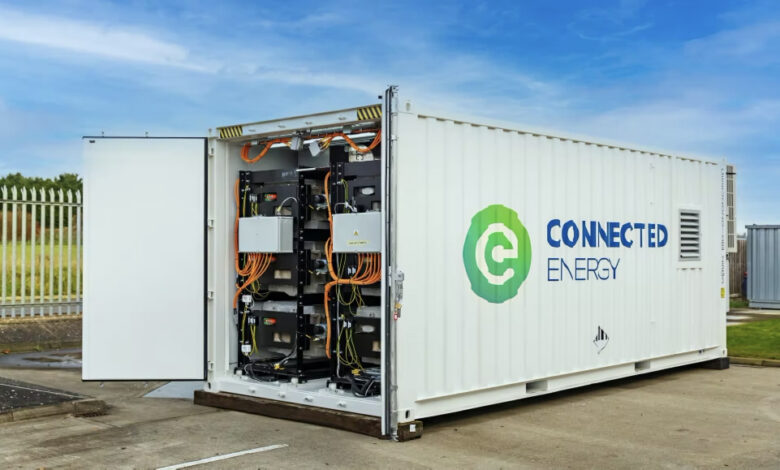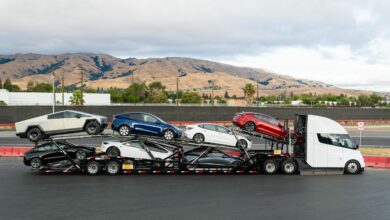
Volvo Partners with Connected Energy to Give Old EV Batteries a New Lease on Life as Energy Storage Systems
Revolutionizing Sustainability in Electric Vehicles through Circular Economy Practices
As the world transitions to sustainable transportation through electric vehicles (EVs), some are considering ways to reduce EV battery waste. One such company leading the charge in this endeavor is Volvo. In a recent press release, Volvo announced an innovative partnership with battery recycler Connected Energy, aimed at giving old EV batteries a second life as battery energy storage systems (BESS).
According to the press release, Volvo has signed a Letter of Intent to commence the development of BESS hardware, following their initial investment announcement last year. This strategic partnership signifies Volvo’s commitment to sustainable practices in the electric vehicle industry.
The collaboration between Volvo and Connected Energy has the potential to begin producing the first prototype of these energy storage systems as early as this year. They plan to utilize batteries sourced from Volvo’s electric buses, trucks, and other machines, repurposing them into efficient “containerized systems.” The ambitious goal is to introduce these systems to the European market by 2025.
In a noteworthy development, Volvo has already started using Connected Energy’s E-STOR system at its facility in Gothenburg, Sweden. This system is instrumental in analyzing response rates to the electrical grid, a significant step toward optimizing the usage of EV batteries.
Elisabeth Larsson, Senior Vice President of Sales and Services at Volvo Energy, emphasized the company’s dedication to maximizing the potential of every battery used in their vehicles. “Repurposing the batteries in line with circular economy principles is good for the environment, good for the consumer, and good for the Volvo Group,” Larsson stated. This move underscores Volvo’s commitment to transitioning from a linear business model to a circular one while ensuring that batteries are utilized throughout their entire lifecycle.
Connected Energy emphasizes that EV batteries retain approximately 80 percent of their initial energy storage capacities at the end of their use cycles. Repurposing these batteries into energy storage systems not only reduces waste but also significantly decreases their carbon footprint throughout their extended lifespans.
In the modern world, energy storage systems are increasingly vital for managing and storing power generated from renewable sources. These systems offer versatile applications, serving as backup power sources for the electrical grid, commercial buildings, EV chargers, and more.
This initiative by Volvo and Connected Energy is a significant step toward sustainability and resource optimization in the electric vehicle industry, contributing to the broader transition to a world powered by renewable energy.



